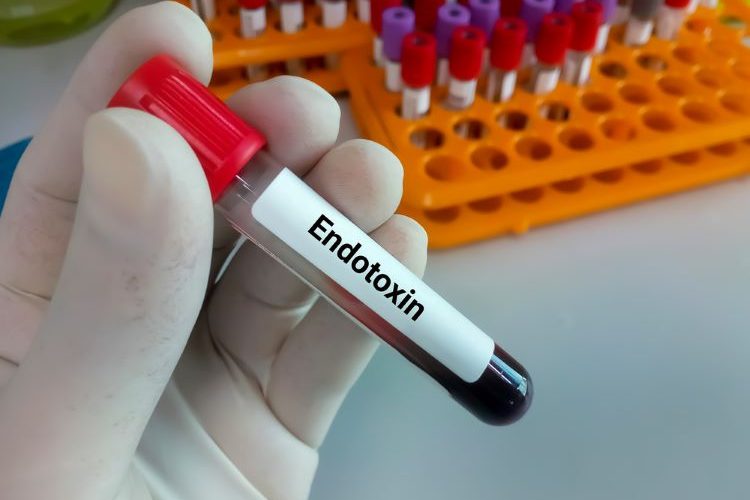ISO publishes standard on bacterial endotoxin testing
Posted: 4 July 2023 | Catherine Eckford (European Pharmaceutical Review) | No comments yet
Evaluation of bacterial endotoxin pyrogens is included in the International Organization for Standardization (ISO)’s new standard for microbiological methods.


The International Organization for Standardization (ISO) has published its new standard Sterilization of health care products — Microbiological methods — Part 3 Bacterial endotoxin testing (ISO 11737-3:2023).
The document contains requirements and guidance for testing for bacterial endotoxins. This includes products that must be non-pyrogenic based on either intended use or non-pyrogenic label claim, or both.
ISO 11737-3:2023 includes general criteria for determining bacterial endotoxins on or in health care products, components or raw materials using bacterial endotoxins test (BET) methods, using amebocyte lysate reagents. Only Gram-negative BET using amebocyte lysate reagents from Limulus polyphemus or Tachypleus tridentatus are covered.
Setting the standard for testing for bacterial endotoxins
The new ISO standard, released in June 2023, provides information on the following:
- guidance on BET (Annex A)
- the history and background on the BET (Annex B)
- guidance on out of specified limits (OSL) and failure investigation (Annex C)
- guidance on in-process monitoring of manufacturing or component testing (Annex D)
- guidance on conducting a risk assessment to support alternatives to batch testing (Annex E)
- typical assignment of responsibilities (Annex F).
It only applies to evaluation of bacterial endotoxin pyrogens. While guidance is offered on selecting product units, method suitability, use of techniques for routine testing, interpretation of test results, and alternatives to batch testing and risk assessment, the ISO standard does not address setting specific limit specifications.
This document relating to microbiological methods is based on ANSI/AAMI ST72. Some sections have been restructured and extended or changed from ANSI/AAMI ST72, according to ISO.
Why is bacterial endotoxin testing important?
A 2023 paper highlighted that microbiological testing is essential for assessing potential risks such as bacterial contamination or infections. Testing can also help in identifying potential sources of microbial contamination during manufacturing and monitor efficacy of sterilisation methods. It can therefore support development of safe and effective products and medicines, while ensuring regulatory compliance.
Related topics
Analytical techniques, Big Pharma, Biopharmaceuticals, Drug Development, Endotoxin, Environmental Monitoring, Industry Insight, Microbiology, QA/QC, rapid endotoxin testing, Rapid Microbiological Methods (RMMs), Research & Development (R&D)









